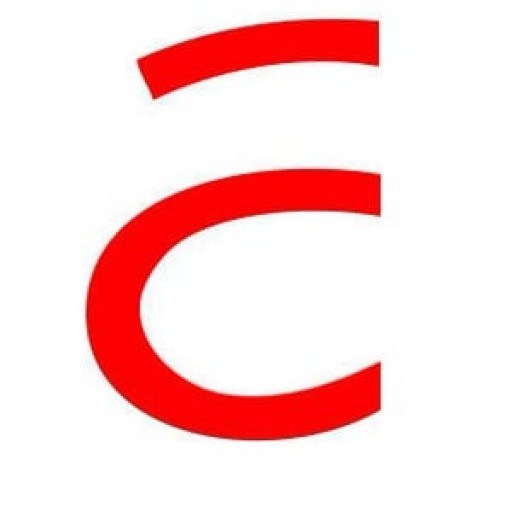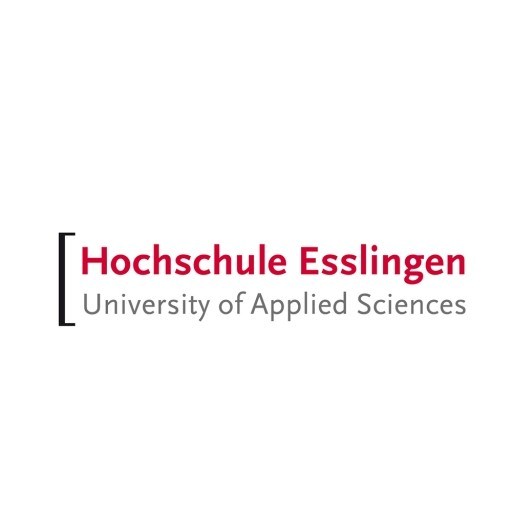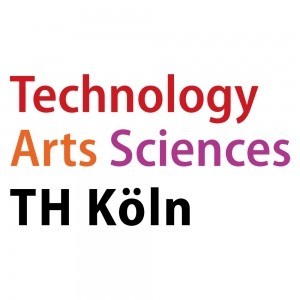The COOP Design Research Programme at Bauhaus Dessau, offered by the Anhalt University of Applied Sciences, is an innovative and interdisciplinary master's program dedicated to exploring the intersections of design, research, and societal development. This program is designed for students who are passionate about applying design strategies to address complex challenges in urban environments, cultural contexts, and technological landscapes. Throughout the course of study, students engage in a comprehensive curriculum that combines theoretical foundations with practical application, fostering critical thinking and creative problem-solving skills essential for future design leaders.
The program emphasizes collaborative research and hands-on projects, encouraging students to work closely with industry partners, cultural institutions, and community stakeholders. This approach ensures that students not only gain academic knowledge but also develop practical expertise that can be directly applied in real-world settings. The curriculum covers a broad spectrum of topics, including sustainable design practices, innovative material use, digital fabrication, and the cultural implications of design decisions. Students also explore methodologies in design research, ethnography, and user-centered design to inform their projects with deeper insights.
One of the core strengths of the COOP Design Research Programme is its focus on fostering a critical understanding of the societal impacts of design. Students are encouraged to question traditional design paradigms and develop innovative approaches that promote social inclusion, sustainability, and cultural dialogue. The program also promotes an international perspective, attracting students from diverse backgrounds, which enriches classroom discussions and project collaborations.
With a combination of lectures, seminars, workshops, and real-world projects, students graduate with a robust portfolio of research-driven design solutions. Graduates of the program are well-equipped to pursue careers in academia, research institutions, design consultancies, urban planning agencies, and cultural organizations. They leave the program with not only advanced technical skills but also a nuanced understanding of the socio-cultural contexts that influence design practice.
The Bauhaus Dessau campus provides an inspiring environment, facilitating creative exploration and experimentation. State-of-the-art facilities, dedicated research labs, and a vibrant academic community open up numerous opportunities for innovation and interdisciplinary exchange. The COOP Design Research Programme stands out as a leading platform for emerging designers who aspire to leverage design as a tool for societal transformation and cultural understanding.
Educational organisation
01Introductory Phase / Preliminary Laboratory
Three weeks [ECTS Part of 02 Laboratory]
The preliminary laboratory (three weeks) provides access to the programme. This involves a general introduction to the various positions in design research and the working practices and methods of scientific work. Selected examples of design research will be analysed and reflected on in seminars.
02
Laboratory
12 weeks [10 ECTS]
The laboratory is made up of three thematic building blocks: design as research, design as education, and design as projection. In lectures, seminars, and exercises, these diverse modes of design knowledge production will be systematically analysed both historically and theoretically and argued in presentations based on selected examples.
03
Exposé
Six weeks [5 ECTS]
Following on 02 Laboratory, the insights, methods and skills acquired in the first semester will be applied in a self-chosen thematic project. The exposé serves as a test phase for an independent, original design research argumentation.
04
Lecture Series & Seminar: Theories and Methods of Scientific Work
Weekly [5 ECTS]
The lecture series offers an overview of the history of modern design research and presents discourses, projects, and concepts in the field.
The seminar will reflect on different approaches to the development of theories in, e.g. the natural sciences, the humanities, and design. The seminar also includes an introduction to various methods of scientific work, e.g. literature research, archive study techniques, data analysis, interview techniques, qualitative methods, e.g. participatory observation or material studies and aims to enable students to take a reflexive approach to these methods.
05
Elective Subject
[5 ECTS]
The elective subject comprises intensive sessions in which partner universities present their research areas and introduce participants to the issues arising from these contexts. The elective subject module broadens the thematic spectrum and enlarges the teaching content of the lectures and modules.
06
Lecture Series / Master Talks
[5+5 ECTS]
The Master Talks offer a platform for international exchange on approaches to design research. Guest scientists and designers present their research approaches and hypotheses for discussion. In accompanying or separately organised research colloquia, the programme's participants, in association with the guests, can deepen their understanding of issues arising from the contexts of the respective themes.
07
Master's Thesis
[25 ECTS]
The Master's thesis follows up on the exposé. Students develop and elaborate their research argumentation into a full thesis under the supervision of their mentors within 20 weeks.
Upon completion, the Master's thesis will be presented in a public colloquium.
Forms of assessment
Presentation, written thesis, colloquium according to study regulationsCourse objectives
In the Master's programme, students receive a comprehensive education in the field of Design Research which will enable them to operate scientifically and responsibly in their future professions. In particular, students acquire well-founded knowledge of the methods of scientific work, elaborating individual research projects in the fields of Design and Architecture. Students learn about processes in scientific work, development, operation monitoring, selection of facility and equipment and processes for writing scientific proposals. Graduates will possess a sound background in the basic knowledge and range of techniques in these areas of competence.With this qualification, students will have gained knowledge in the subject and will have acquired the necessary communication skills in order to:
1. apply their knowledge of scientific methods to design research and integrate their ideas and problem-solving skills
2. compile, assess and interpret relevant information
3. make sound decisions when discoveries are made which concern social, commercial, scientific and ethical issues
4. sustain the momentum of independent learning processes
5. formulate and argue professional opinions/criteria
6. be able to interact on a professional level with professionals and non-professionals
7. work at an interdisciplinary level and assume responsibility in a team
Language requirements
Applicants who have not completed their school education up to the university level or have not completed their university studies at a German-speaking institution or at an English-speaking institution need to present evidence that their proficiency in the English language according to TOEFL or a comparable test corresponds to level C1 of the Common European Reference Framework of Reference (CERF).Academic requirements
Bachelor's or Master's degree with 240 ECTS/four years' duration in the fields of Architecture, Design, Cultural Sciences, or the equivalent. An application on the basis of a Bachelor's degree requires one year of professional practice. An application with a Bachelor's degree of less than four years' duration requires one or two semesters of preparatory studies in order to obtain the required 240 ECTS.The application should include a portfolio of 10-12 pages including CV, copies of diploma certificates and own work.
See: http://www.coopdesignresearch.de.
Enrolment fees
76 EUR semester fee (covering a contribution to the Student Services and Student Union, but no public transport semester ticket is included or available)Costs of living
Approx. 670 EUR per month to cover living expenses (incl. accommodation, excl. health insurance costs). Cheap rail fares/student discount on trains available.Job opportunities
Local student jobs are open to international students, as are student tutor positions at Anhalt University (depending on availability and qualification).Funding opportunities within the university
The International Office/Akademisches Auslandsamt runs a scholarship programme on the basis of DAAD funds to support qualified international students financially in order to allow them to concentrate exclusively on writing their final thesis and finishing their studies successfully. Recipients receive a max. of 300 EUR/month for a max. of four months. (Please note: funds are limited.)http://www.hs-anhalt.de/international/international-students/scholarships.html
Arrival support
The International Office/Akademisches Auslandsamt runs a student-to-student Buddy Programme for incoming international students at all three sites of Anhalt University. This includes pre- and post-arrival support (pick-up service, local information on the university and place of residence, etc.).Interested international students can contact the Buddy team with their requests: studybuddies@aaa.hs-anhalt.de
Anhalt University's sites at Köthen, Bernburg and Dessau run different formats of welcoming sessions/weeks for international students at the beginning of the semester.
Services and support for international students
Both programme coordinators and the International Office/Akademisches Auslandsamt offer support services for international students during their entire stay at Anhalt University (in social and study-related matters).Accommodation
Accommodation is available through the Student Services Office (Studentenwerk Halle) or on the private market. Rent for a single room in a student residence is approx. 160-200 EUR.Student Services run an online application portal for student accommodation. Applications can be submitted online. See: http://www.tl1host.de/SWHAL/?lang_id=2.
Private accommodation can be found on the Internet at: http://www.studenten-wg.de








